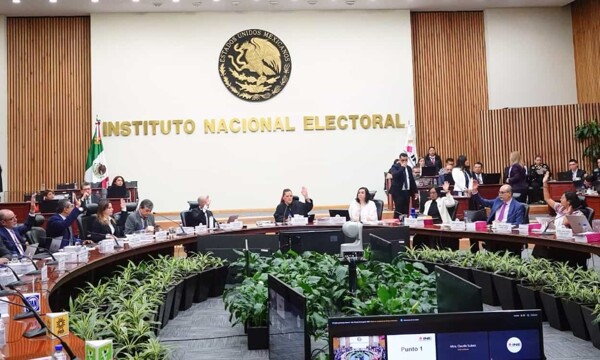
The International Chamber of Commerce Mexico (ICC Mexico) has alerted about the possible negative impacts of the reform initiative seeking to provide social security to app employees. According to ICC Mexico, this measure could increase the costs of digital platform services, which could, in turn, result in a reduction of up to 30 percent in sales for these businesses.
ICC Mexico argues that if the reform is approved as proposed, the restaurant sector and Micro, Small, and Medium Enterprises (MiPyMEs), which have seen significant growth thanks to these services, could be severely affected. For this reason, they call on authorities not to rush into implementing the reform and propose carefully analyzing all perspectives, including the economic one, with the participation of all involved parties.
Referring to other countries that have addressed this issue, ICC Mexico mentions that the Rider Law in Spain, which implemented a traditional labor model, caused a decrease in income sources for thousands of delivery people. In contrast, California and Chile have developed solutions that combine labor independence with access to social security, while Brazil and Colombia are currently considering similar proposals.
ICC Mexico emphasizes the importance of not regulating this model under a traditional framework, as this could negatively impact the local economy and result in job losses due to a reduction in the sector's size. Therefore, the organization suggests preserving the figure of independent workers and establishing clear criteria to distinguish between those who provide services occasionally and those who should be considered workers under the new model proposed by the reform.
Additionally, ICC Mexico proposes that legislation recognize the operating expenses incurred by delivery people and drivers and that the contribution base for social security be calculated on their net earnings. It also suggests avoiding modifications to the special tax regime for these workers, as transitioning from a special tax scheme to a traditional one could significantly increase their tax burden.
Ultimately, ICC Mexico highlights the importance of protecting intellectual property in the operational processes of digital platforms, ensuring clarity and certainty without jeopardizing the intellectual property of technology companies. In this regard, they call for collaboration and dialogue among all stakeholders involved in this regulatory process for digital platform work in Mexico and underscore the need to learn from the experiences of other countries that have successfully found effective solutions through constructive dialogue processes.














